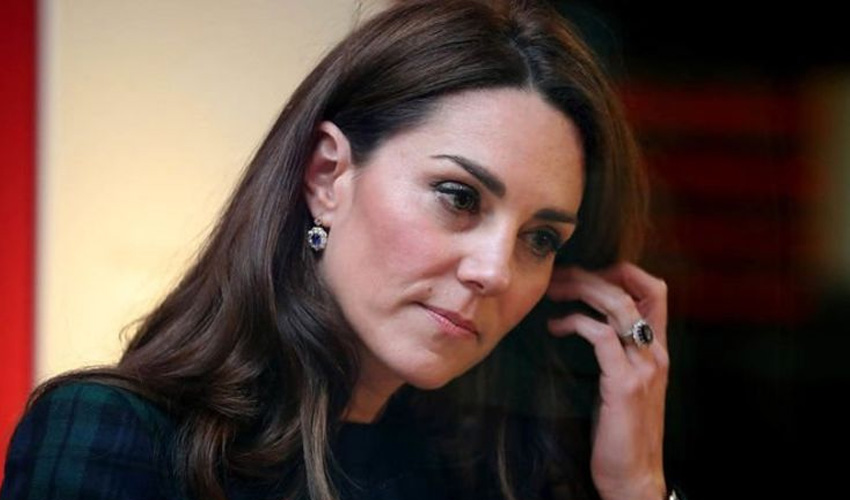While the specific type of cancer afflicting Princess Catherine remains undisclosed, oncologists have highlighted the prevalence of such discoveries occurring during seemingly unrelated procedures.
The Princess's public statement, released on Friday, detailed the detection of cancer following "major abdominal surgery." Dr. Elena Ratner, a Yale Cancer Center gynecologic oncologist with extensive experience diagnosing ovarian and uterine cancers, emphasized the frequent occurrence of such unexpected diagnoses.
"A concerningly large portion of cancers we diagnose come as a surprise," stated Dr. Ratner. She elaborated on situations where women undergo surgery for endometriosis, a condition characterized by the presence of uterine lining-like tissue outside the uterus. Often, Dr. Ratner explained, the assumption is a benign ovarian cyst caused by endometriosis on the ovary. However, pathological examination of the supposedly benign tissue one to two weeks later can reveal the presence of cancer.
The Princess's statement also mentioned receiving "a course of preventive chemotherapy," which Dr. Eric Winer, Director of the Yale Cancer Center, clarified is more commonly referred to in medical settings as adjuvant chemotherapy. "The goal of adjuvant chemotherapy is to prevent further issues and the cancer's return," Dr. Winer explained.
Dr. Michael Birrer, Director of the Winthrop P. Rockefeller Cancer Institute at the University of Arkansas for Medical Sciences, further elaborated that adjuvant chemotherapy signifies the surgical removal of all visible cancer.
"Microscopic cancer cells might still be present, undetectable to the naked eye," Dr. Birrer explained. "Chemotherapy serves to target this microscopic disease."
Dr. Ratner found particular resonance with other aspects of the Princess's statement, particularly her concerns regarding her family. "'William and I have been doing everything we can to process and manage this privately for the sake of our young family,'" Dr. Ratner quoted the Princess, "'It has taken us time to explain everything to George, Charlotte, and Louis in a way that is appropriate for them, and to reassure them that I am going to be OK.'" Dr. Ratner stressed how frequently she encounters such sentiments, highlighting "the immense challenges women face upon receiving a cancer diagnosis."



























